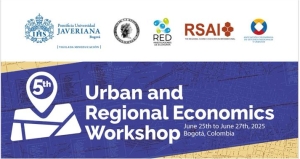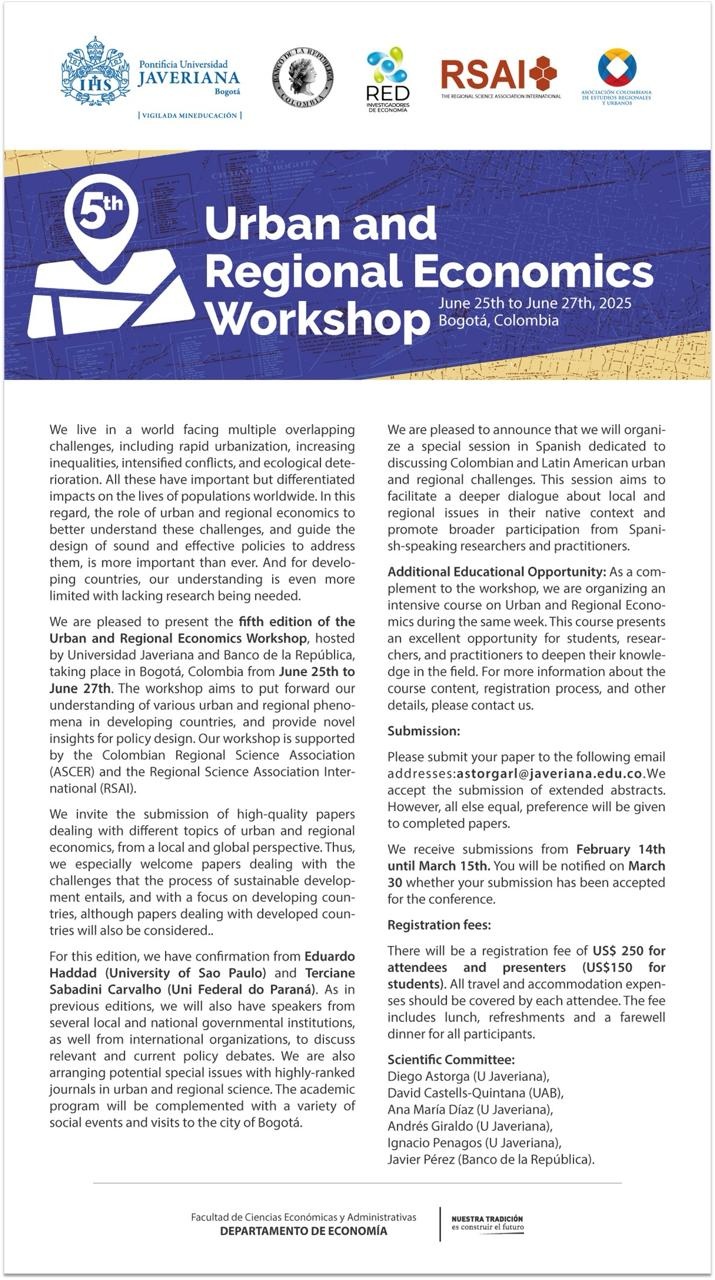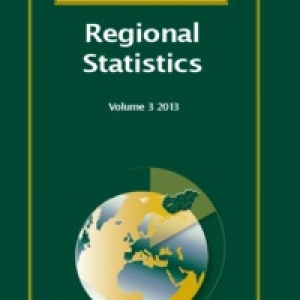Last Call for Abstracts!
2025 SRSA Meeting - Louisville, KY
In 2025, the SRSA will meet in Louisville, Kentucky, from April 3 – 5, at the historic Brown Hotel, which is located just six blocks from the revitalized Whiskey Row district of downtown. Louisville is a fabulous, family-friendly city with a lot of history, culture, and southern charm. Whether you are a fan of boxing, baseball, bridles, or bourbon, you will find something interesting nearby! Plan now to join us in Louisville and help us spread the word to others!
Call for Papers
Join us for the 64th Annual Meeting of the
Southern Regional Science Association
at The Brown Hotel in Louisville, KY!
April 3 – 5, 2025
Submit Individual Abstracts and
Organized Sessions by February 14, 2025.
For conference rates, book your hotel by March 3, 2025.
Book your group rate at The Brown Hotel
Opportunities for Students and Early Career Researchers:
Undergraduate Poster Session
The 5th Annual SRSA Undergraduate Poster Session will take place during the 2025 SRSA Annual Meeting, April 3 – 5, 2025, at The Brown Hotel, Louisville, Kentucky. This is a great opportunity for undergraduate students to present their research. While the SRSA is a regional organization for the advancement of regional science, in the interest of expanding the pool of future regional science researchers, we will consider a relatively broad range of research topics.
The poster session will include a short presentation by each student describing their poster and research, followed by informal browsing and discussion about the posters. Other activities to enhance the experience for the students are also planned.
Application for and additional information about the 2025 Undergraduate Student Poster Session is available here.
Deadline: February 14, 2025.
Barry M. Moriarty Graduate Paper Competition
The Southern Regional Science Association (SRSA) awards an annual cash prize to the graduate student(s) submitting the best paper in Regional Science. In 2025, the prize will be $1,000.
Papers on any Regional Science topic may be entered into the competition. Papers should represent original research. Maps, illustrations and other audio-visual materials should be designed or constructed by the author.
The following eligibility criteria apply:
- Students must present the paper at a session of the Annual Meeting of the SRSA (note that this requires submission of an abstract);
- Students must be enrolled at an accredited academic institution at the time the paper is submitted (i.e., spring 2025);
- Students must be sponsored by a member of SRSA; and
- Students must be lead author(s) and responsible for the majority of the intellectual contribution and substantive work of their paper.
Papers should be double-spaced and no more than 25 pages in length (excluding references, tables, figures, and appendices). A cover page should include the paper’s title and abstract and full names, addresses, and e-mail addresses for all authors and sponsors. The cover page should also affirm students meet the qualifications above. For coauthored submissions, sponsors must submit a separate letter affirming that students are the lead authors and will remain lead authors for the life of the paper including future publication. Coauthored papers by multiple students as lead authors are eligible if the students contributed equally and stipulate this in the cover letter.
Submissions and any questions for the 2025 competition should be sent to the Graduate Paper Honors Chair for the 2025 award, This email address is being protected from spambots. You need JavaScript enabled to view it..
Deadline: February 21, 2025.
The William H. Miernyk Research Excellence Medal
Upon its 40th anniversary in 2005, the Regional Research Institute (RRI) at West Virginia University initiated an award for scholarly excellence in honor of Dr. William H. Miernyk, founder and first Director of the Institute. The William H. Miernyk Research Excellence Medal (the Miernyk Medal) is intended to be awarded annually at the Southern Regional Science Association (SRSA) Annual Meeting to the author of the best SRSA conference paper written and presented by a scholar within six years of receiving their Ph.D. A monetary stipend accompanies the awarding of the Miernyk Medal.
The Miernyk Medal competition is open to any Ph.D. recipient no more than six years beyond the date on which their degree was awarded and at a rank no higher than Assistant Professor (or equivalent). SRSA membership, presentation of the paper at the SRSA Annual Meeting, and attendance at the SRSA Awards Banquet are also required. The winning paper will focus on the diligent and systematic enquiry and discovery of facts or principles relating to a topic of interest to regional scientists. The winning paper must either be solo-authored or, in the case of co-authored papers, submissions must include a letter from the co-author stating that the eligible author is the driving intellectual force (and deserving of first-authorship) for the paper. The winning author must also be the consensus choice of the review panel. Members of the review panel will include the current Director of the RRI and other researchers in regional science selected by RRI Director.
The winning author must be the consensus choice of the review panel. The Miernyk Medal may not be awarded every year, at the discretion of the review panel. Members of the review panel will include the current Director of the RRI and other researchers in regional science selected by the RRI Director.
For the 2025 Miernyk Medal, papers and other documentation must be submitted by email to This email address is being protected from spambots. You need JavaScript enabled to view it..
Deadline: February 15, 2025.
Reminder of Upcoming Deadlines:
Abstract Submission Deadline: February 14
Organized Session Submission Deadline: February 14
Poster Session (Undergraduate) Deadline: February 14
Miernyk Medal (Early Career) Deadline: February 15
Barry M. Moriarty Graduate Paper Competition Deadline: February 21
Early Registration Discount Deadline: February 21
The Brown Hotel Group Rate Deadline: March 3
Additional information can be found at:
https://www.srsa.org/conference/
|












































